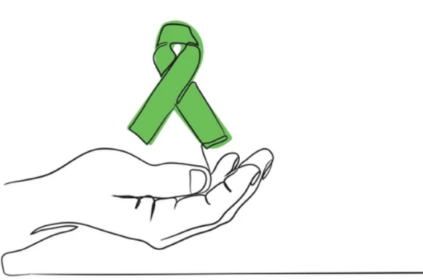You might know him as the eldest brother and lead guitarist of the Jonas Brothers. But Kevin Jonas is much more than that – he’s also an advocate for cancer awareness.
Holly Large reports in IFL Science that Jonas recently shared his basal cell carcinoma (BCC) diagnosis.
In a June 11, 2024 Instagram post, Jonas pointed out a small skin lesion that had appeared on the top of his forehead near his hairline. Doctors soon diagnosed him with basal cell carcinoma, a form of skin cancer that often develops on areas of the body with high sun exposure.
Basal cell carcinoma is not as aggressive as other forms of skin cancer such as melanoma. However, basal cell carcinoma can spread to tissue or bone if not treated. In the shared video, Jonas tells viewers that he will be getting surgery to remove the cancerous area.
Post-surgery, Jonas reassured fans that he was doing well. And here comes the advocate angle: he also urged anyone watching to get their moles or abnormal skin lesions checked to visit a doctor if you have any concerns.
Understanding Basal Cell Carcinoma
Basal cells are found on the outer layer of skin. Normally, these cells produce new skin cells and help the body to get rid of old, dead cells. When cancer forms in the basal cells, it is called basal cell carcinoma.
Basal cell carcinoma, as described above, typically forms on areas of high sun exposure: the face, neck, and head. UV exposure is one of the most pressing risk factors for this cancer. Your risk of developing BCC is also higher if:
- You have naturally fair skin, hair, or eyes.
- You’re older in age.
- You have a family history of skin cancer or certain inherited conditions like xeroderma pigmentosa.
- You’ve undergone or are undergoing radiation therapy.
- You’re on an immunosuppressant.
Basal cell carcinoma may vary in appearance. For example, basal cell carcinoma can look:
- Skin-colored and shiny
- Waxy, white, and scar-like with no defined borders
- Flat and scaly with a raised edge that may grow in size
- Brown, black, or blue with a slightly raised, translucent border
Basal cell carcinoma may bleed and scar over; it also may recur without warning. Typically, basal cell carcinoma does not hurt. However, some individuals may experience sensation changes such as itchiness or numbness.
Jonas underwent surgery for his BCC, which is how this cancer is normally dealt with. In more advanced cases, where the cancer has grown deep into the skin or metastasized, doctors may attempt radiation as well.
Editor’s Note: Get Involved
Cancer doesn’t discriminate. WHATNEXT and its partners are interested in amplifying the voices of those from all identities and backgrounds. If you have a cancer journey to share, reach out here to learn more about how your voice can help spread awareness and inspire individuals from all walks of life.
basal cell carcinoma cancer awareness Jonas Brothers Kevin Jonas skin cancer
Last modified: January 23, 2025











